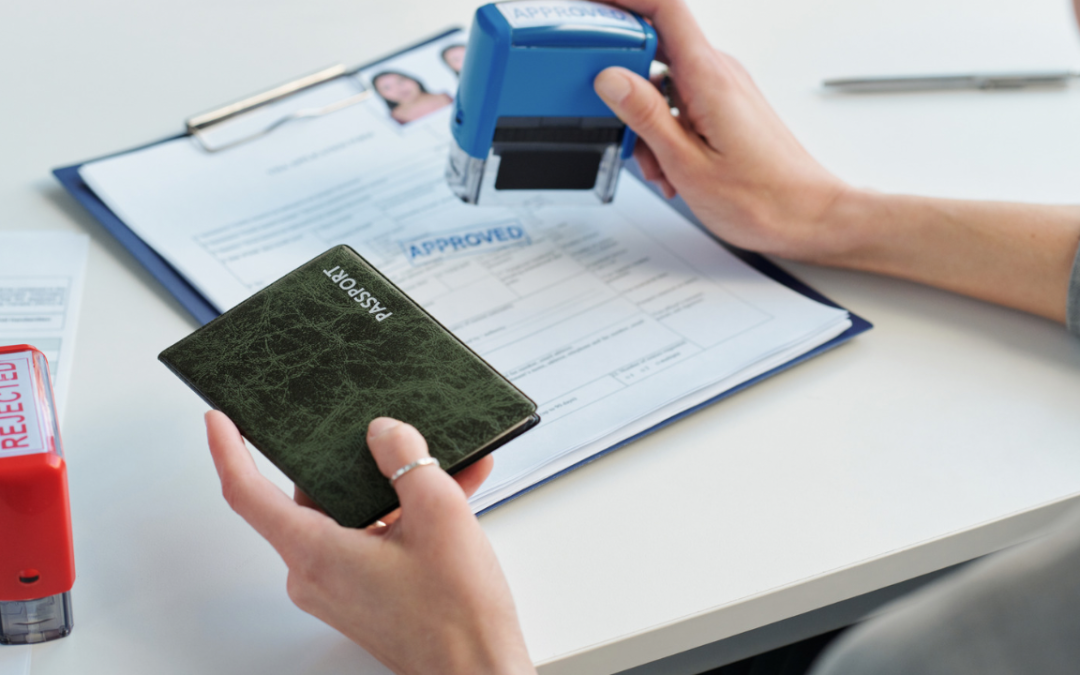Obtaining a travel visa can often feel like an intricate and time-consuming process, especially for African nationals. Whether you’re applying for a visa to study abroad, go on vacation, or attend a business meeting, there are a number of challenges that can arise. However, understanding the process and preparing thoroughly can help you navigate these hurdles and increase your chances of success. Here’s how to tackle the common challenges of obtaining travel visas for African nationals:
1. Understanding Visa Requirements
Each country has its own set of visa requirements, and these can vary significantly depending on your nationality and the type of visa you’re applying for. For African nationals, it’s important to first research the specific requirements for your destination country. Common requirements include proof of accommodation, proof of sufficient funds, travel insurance, and a valid passport. Sometimes, additional documents such as an invitation letter or a return ticket are necessary.
2. Dealing with Visa Rejection
One of the most frustrating challenges for African nationals is dealing with visa rejections. While it can feel discouraging, a visa rejection doesn’t necessarily mean the end of your travel plans. It’s important to carefully review the reasons for the rejection, which are often outlined in the rejection letter. Most visa denials are due to incomplete or inaccurate documentation, insufficient financial proof, or failure to meet the eligibility criteria. Addressing these issues and reapplying with the correct documentation increases your chances of approval.
3. Financial Documentation and Proof of Funds
A common challenge for many African nationals when applying for a visa is proving they have enough financial resources to support their travel. Visa officers often require applicants to show bank statements, tax returns, or proof of employment to confirm that they can cover their travel expenses. For applicants who don’t have large savings, securing a sponsor or providing additional evidence of financial stability can help. Preparing these documents carefully and ensuring they meet the country’s requirements is crucial to avoid delays.
4. Meeting the Language Requirements
In some cases, visa applicants must demonstrate proficiency in the language of the destination country, especially for long-term visas such as student or work visas. For instance, many European countries may require proof of language proficiency for those intending to study or work. Preparing for a language test or language proficiency exam may be necessary, and applicants should ensure they meet this requirement well in advance of the application process.
5. Addressing Documentation and Authenticity Issues
A key obstacle many African nationals face is ensuring that their documents are deemed authentic by the visa authorities. This could include providing verified copies of documents such as birth certificates, academic records, or employment letters. In some cases, applicants may need to have documents notarized or authenticated by government officials or embassies. Taking these extra steps is important to avoid delays or issues with document verification.
6. Long Processing Times
Visa processing times can vary, but for many African nationals, the wait time can be lengthy. While most visas take weeks to process, some countries may have slower processing times due to high demand, limited staffing, or complex verification procedures. It’s advisable to apply well in advance of your planned travel date to account for these delays. Using expedited or priority visa processing services may also help speed up the process in some cases.
7. The Complexity of Multiple Visa Applications
For African nationals who plan to travel to multiple countries, the complexity of obtaining multiple visas can be a major challenge. Each country has its own set of visa rules and application processes, meaning that the applicant must go through this process repeatedly. To simplify this, some African nationals opt for multi-entry visas or regional visa programs, which allow travel to several countries within a specific region (e.g., the Schengen visa for travel within Europe).
8. Visa Fees
Visa fees can be a significant financial burden for many African nationals. Some countries charge hefty fees for visa applications, which can vary depending on the type of visa and the country’s regulations. It’s essential to factor in these costs when planning your travel and ensure that you can afford the application fees. In some cases, visa fees are non-refundable, even if your application is rejected, so it’s important to carefully consider your financial situation before applying.
Conclusion
While obtaining a travel visa can present several challenges for African nationals, thorough preparation and understanding of the process can help minimize difficulties. By carefully gathering all necessary documents, meeting financial requirements, and addressing any potential issues in advance, you can increase your chances of securing the visa you need. At LoyaltyTravels and Logistics Ltd, we specialize in providing expert visa assistance to African nationals, ensuring that your application is complete, accurate, and submitted on time. Let us help you navigate the complexities of the visa process so you can focus on your travel plans. Reach out to us today for personalized visa services and make your next trip a reality!

